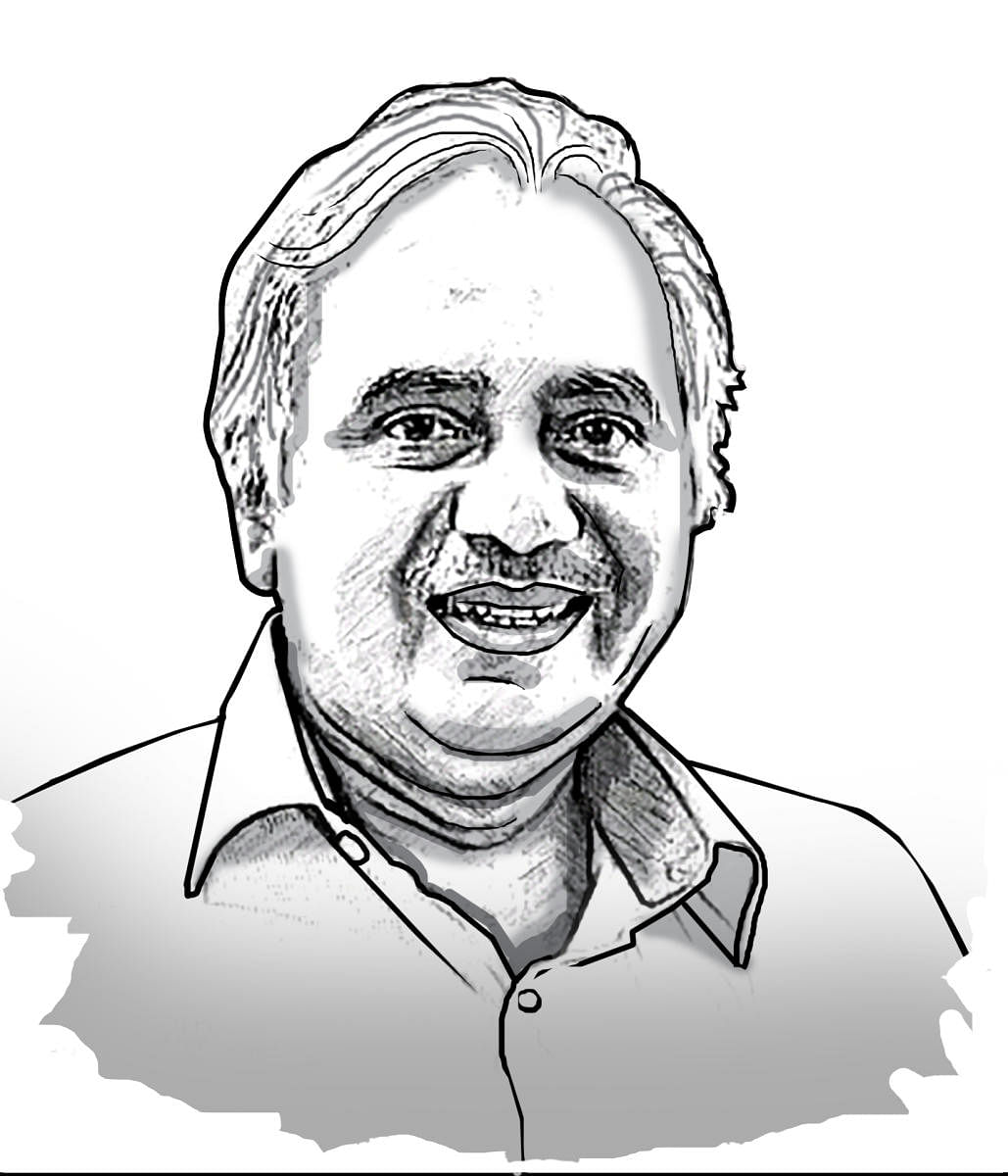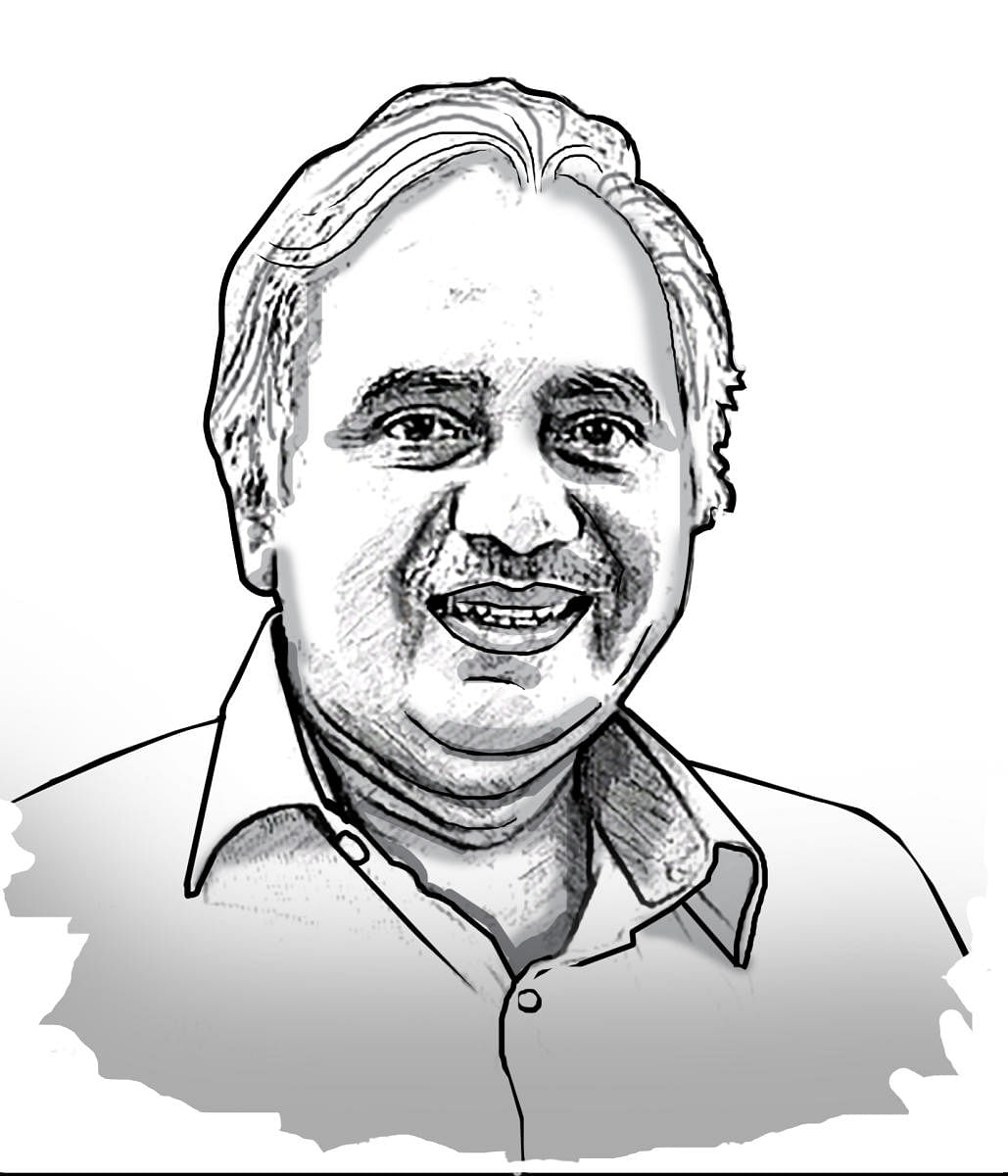
India assuming the presidency of the United Nations Security Council (UNSC) this month (for the 11th time since Independence, and India will do so again in December 2022, in the last month of its current two-year tenure in the Security Council) is part of a routine process. India is currently one of the 10 non-permanent members of the UNSC. But there’s nothing routine about the time at which India has come to occupy the high chair. It comes at a time of great volatility and uncertainty. The global economic outlook appears to be not very encouraging, given that even the best performing economies are struggling to emerge out of the effects of the coronavirus pandemic.
Even more importantly, in the first seven months of the term of this UNSC, some 28 resolutions have been passed but not a single one on Afghanistan or on the pandemic. These seven months have witnessed at least three major happenings: the military coup in Myanmar in February 2021, Israeli air strikes on Hamas strongholds in Gaza, and the increasing terror attacks and counter-attacks by the Taliban and the Afghan fighting forces alongside the US withdrawal from Afghanistan. There are more than half a dozen flashpoints globally that have the potential to turn into conflict zones and seriously impact global economic revival and peace.
There is very little change in those conflict zones where the US was determined to bring peace, at times all by itself, and has failed miserably. The general perception is that the US has managed to lose all the wars it has fought in the last few decades, and China seems to be winning all its conflicts without even fighting.
China had tried its best to prevent India from holding any position in the UNSC that would upset its applecart in the region or threaten the CPEC, China’s strategic pathway to the much-coveted Indian Ocean. With the US withdrawal from Afghanistan, China is working to strengthen its grip on Afghanistan. The only impediment to doing so is India holding the leadership of three crucial committees -- the Taliban Sanctions Committee, the Counter-Terrorism Committee for 2022, and the Libya Sanctions Committee.
In heading the Taliban Sanctions Committee, India gets a crucial multilateral foothold in the Afghan ‘peace’ process. The Taliban need approval from this committee to travel, and given the increased level of violence in Afghanistan, future approvals for Taliban’s globe-trotting to amass arms and ammunition and support could be impacted.
The situation on the ground has changed drastically since the last UNSC meeting on Afghanistan in June. After Afghan foreign minister Haneef Atmar called External Affairs Minister S Jaishankar and sought an emergency meeting of the UNSC on the worsening security situation, the UNSC has, under India’s presidency, discussed the issue in a closed meeting to find a way to stop further advance of the Taliban and enforce a ceasefire to facilitate resumption of peace talks. It is no secret that the Taliban continues to get assistance from Pakistan on supplies and logistics. In fact, Atmar, while briefing foreign envoys in Kabul, indicated the nexus between the Taliban and the Pakistan-based Lashkar-e-Taiba, Tehreek-e-Taliban and Al-Qaeda, Ansarullah, Jundallah, East Turkestan Islamic Movement and the Islamic Movement of Uzbekistan.
Even as India presided over the UNSC meet on Afghanistan, Russia convened a meeting of the “extended troika,” which includes China, the US and Pakistan. Ironically, even the US has announced a Quad-2 on Afghanistan -- consisting of itself and Pakistan, Afghanistan and Uzbekistan.
It is no secret that Islamabad and China are collaborating to undo whatever little the US could achieve in the last 20 years. The reality of the situation is that ceasefires and peace talks with Taliban will not work. There has to be a concerted effort and a global plan of action, supported by the UNSC, to reign in Pakistan’s shenanigans. If need be, India should consider a strong resolution against Pakistan, call for sanctions against those countries that promote, aid and abet terrorism in any form and manner.
Chairing a special high-level open debate of the UNSC on maritime security on Monday, Prime Minister Narendra Modi is expected to flag issues concerning piracy, armed robbery and terrorist activities at sea. Yet another major challenge is the total disregard that some countries show for the international legal framework of the UN Convention on the Law of the Sea (UNCLAWS), misusing the global commons to achieve hegemonic objectives. The UNSC needs to highlight this issue not only from an international law and security viewpoints but also to draw attention to its potential to intensify the dangers of climate change and other global issues.
Elections will take place later this year to choose the 10th Secretary-General of the United Nations, whose tenure will begin on January 1 next year. India has reportedly conveyed to the incumbent António Guterres that New Delhi will back him for re-election for a second term.
As one of the six principal organs of the United Nations, the UNSC is singularly responsible for ensuring international peace and security, recommending the admission of new UN members to the General Assembly, and approving any changes to the UN Charter. It has been 75 years since the UN was founded and its decision-making processes and administrative structures have become dated, archaic and unresponsive to the changed and changing geopolitical realities. A number of proposals for reforms in the membership and functional areas of the UN have been made but nothing has changed in decades. India’s experience in peace and consensus-building and its global outlook should be put to good use while it sits at the UNSC high table.
Deccan Herald is on WhatsApp Channels| Join now for Breaking News & Editor's Picks
